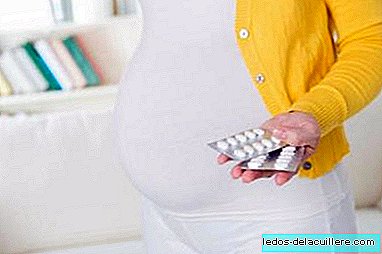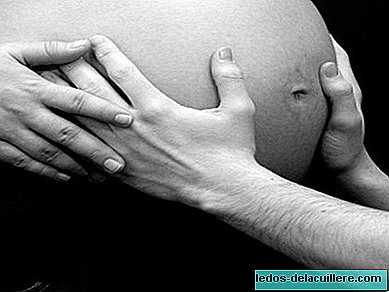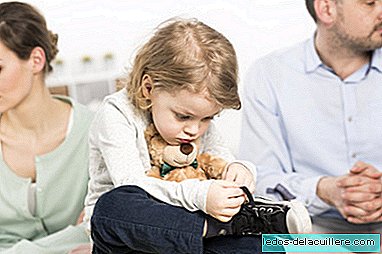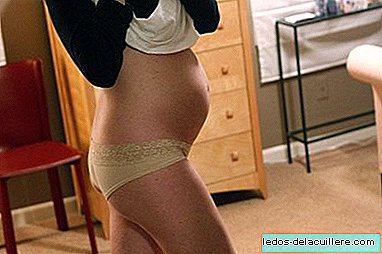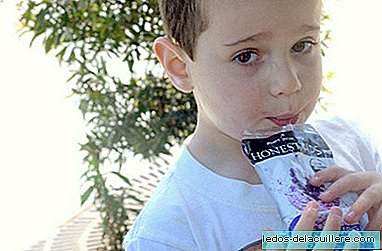
Doctors M. Aparicio Rodrigo and M.A. Rivas Fernández has valued the article 'A trial of sugar - free or sugar - sweetened beverages and body weight in children' (published in Publimed). The paper attempts to quantify the effect of replacing sugary drinks (BA) with sweetened (BE) sweetened beverages on the weight of school-age children.
The research has been conducted by JC Ruyter and his colleagues in eight primary schools in Amsterdam. The study population has been 641 schoolchildren between the ages of five and 11 who were regular consumers of BA. To carry out the study, exclusion criteria have been established: obesity in medical treatment, diabetes, celiac disease, growth pathology, severe digestive or surgical, participation in another intervention study, physical disabilities that make measurements difficult and forecast to change schools before finish the study
Among the inclusion criteria was (obviously) be a regular consumer of this type of drinks.
Of the total number of children participating, 319 were assigned to the group without sugar and 322 to the group with sugar, the follow-up lasted 18 months. During that time, 26% of the children were lost: 69% due to drinking aversion, 13% due to minor adverse effects and 4% due to weight gain.
The literature agrees that the consumption of BA could be a risk factor for developing childhood obesity, without nutritionally having any beneficial effect. However, there are doubts about whether to stop taking them would lead to weight loss, which justifies the development of this study.
To materialize the intervention, the membership school provided each participant with a box of 250 milliliters of a carbonated beverage for each day of the week. The difference was in the sugar content (0 or 26 grams of sucrose).
The conclusion obtained is that 'In children of adequate weight, replacing in a masked way sugary drinks with others that do not contain sugars decreases weight gain and fat mass'. That is to say that a reduction of weight is not obtained but the inadequate increase of this can be stopped.
Although the study has methodological obstacles that make it question its conclusions and has been carried out in a population other than the Spanish, it seems that the small change of BA for BE in children who consume BA can usually help control weight gain. In the opinion of the doctors who value the article 'this is one more measure that pediatricians must consider before the current “epidemic” of obesity that we live in Spain, along with other tips on healthy eating'.
Despite all the limitations of this study, if the change of BA for BE can reduce the BMI of the usual infant population of BA without side effects, it seems to us that it may be a reasonable measure to take into account, along with others, for weight control in childhood. To recommend not to consume BA in the periodic health programs while influencing other obesogenic habits is an innocuous advice that could provide long-term benefits in adult life.
I think that the importance of this type of work is that they increase our information on topics of interest, however I am of the opinion that everything is much simpler.
For example, according to one of Julio Basulto's approaches in 'I am made a ball', I can contribute that fruit juices should be limited (let alone sugary sodas), including homemade ones. And it is that Spanish children are overrun with vitamin C, and also with liquid calories. The best liquid to drink? Water, without a doubt, for us and for them, if we set an example, we offer you an important source of information, and a very healthy way of hydrating.




